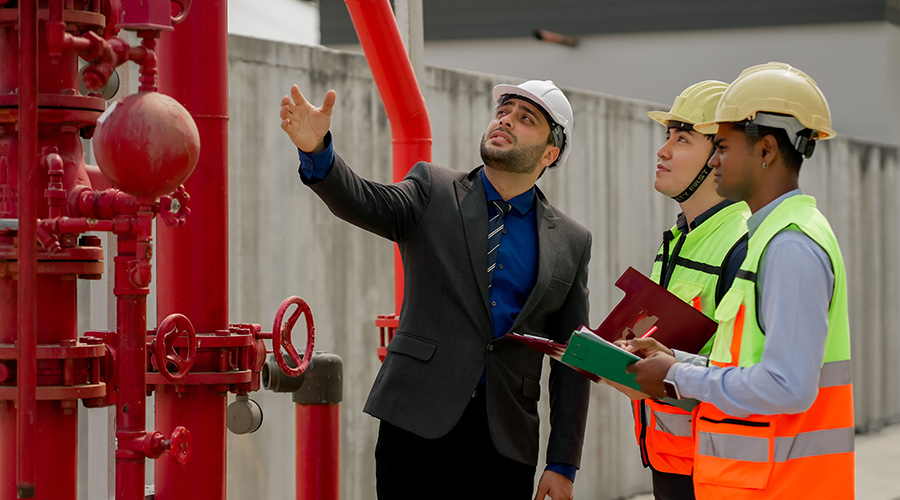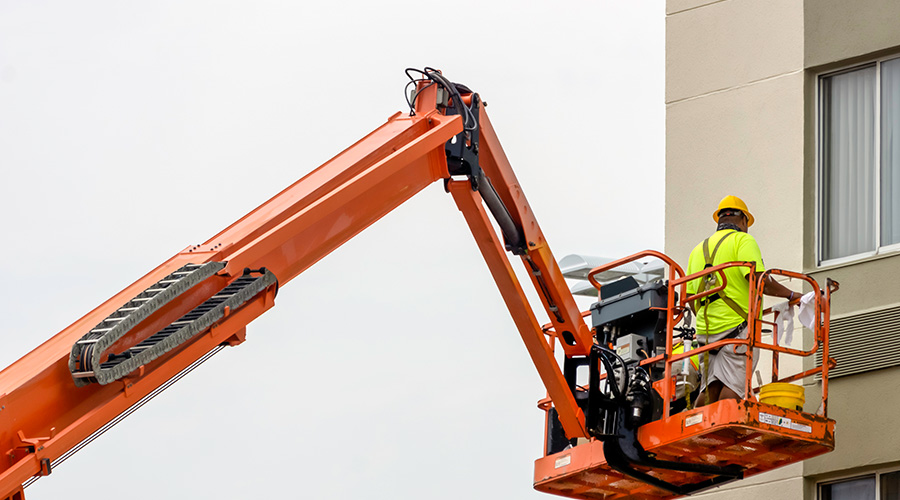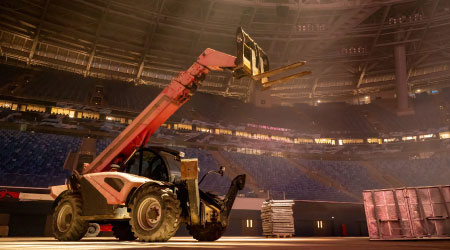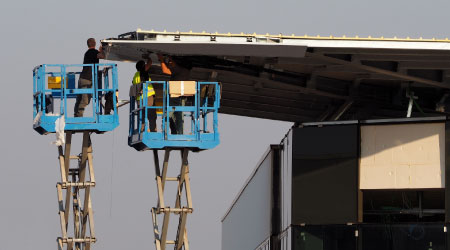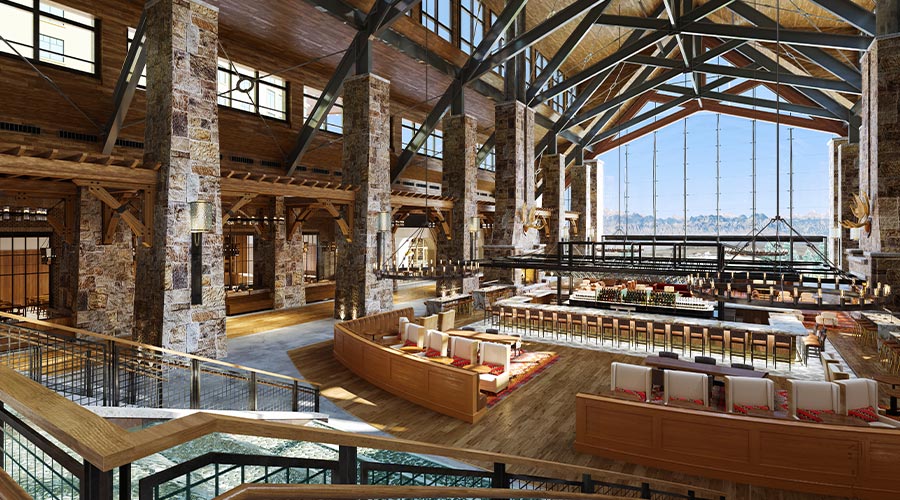Multiple Training Options Necessary for Different Aerial Lifts
With the increasing proliferation of special-purpose lift equipment — articulating and telescopic boom lifts, telehandlers, scissor lifts, vertical lifts, stock pickers, towable, truck-mounted, and self-propelled lifts — there is no longer one type of training that addresses all requirements. Some general guidelines are available, but in the final analysis, nothing beats specific training geared to specific equipment and specific job site conditions.
The supervisor or manager of the department should have the responsibility of providing general and specific training to all operators of aerial equipment. A typical training outline should cover these subjects:
- authorization to operate equipment
- emergency action plan contents, procedures to follow, and responsible parties
- how to keep the equipment stable and balanced during operation
- how to identify malfunctions and problem causes
- pre-start equipment inspection checklist
- daily workplace inspection checklist
- how to use manuals and where to store them on equipment
- personal protective equipment requirements related to use, care and inspection
- personal fall arrest equipment requirements related to use, care and inspection
- planning for emergencies
- operator warnings and instructions
- signage placement and equipment condition inspection
- safety rules and regulations.
Certified trainers should conduct the sessions, which should include education about regulations that apply to aerial lift safety. OSHA 1910.67, Vehicle Mounted Elevating and Rotating Work Platforms, Section 1910.67c2vi, states that the operators must wear a body belt attached to a lanyard that is secured to the aerial lift bucket or boom.
Also, 1910.67 includes a warning to never to attach the body belt lanyard to an external object, such as structural steel or transformer poles, at the elevation of the work. If the lift moves away, this could cause pull the worker off the platform. The belt and lanyard must attach to the aerial lift work platform.
Related Topics:







